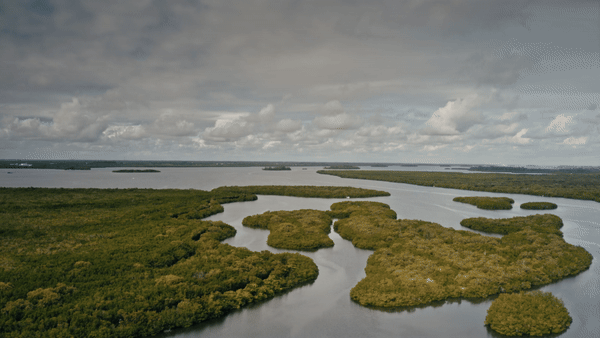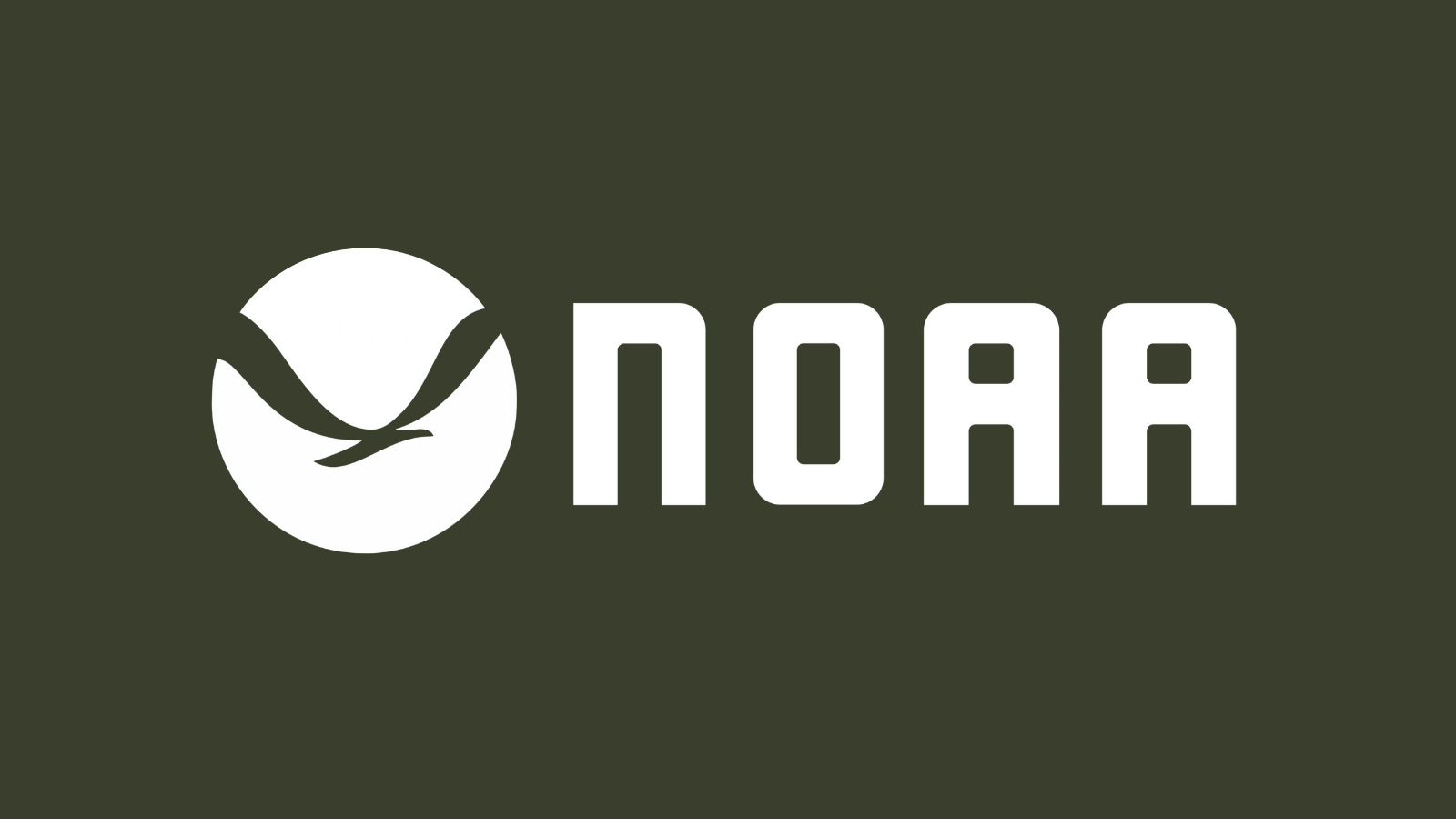
Nurturing ecosystems and economies
for immediate and measurable impact.
Backed by leading conservation & government organizations.
Biodiversity uplift
INVERSA™ materials regenerate native biodiversity.
Unchecked invasive species are a driving force in ~60% of today’s species extinctions and cause $423B in annual damages around the planet.
Non-native species management restores indigenous species populations by up to 70% and enhances carbon sequestration and water purification, ultimately strengthening global environmental and human health.
Environmental impact
INVERSA™ delivers land, water, and GHG benefits at scale.
Our provisional LCA* results indicate, when indexed against analogous bovine leather, INVERSA™ Silverfin leather comparatively uses 99.9% less land, 95% less water, and emits 89% less GHGs.
Social impact
INVERSA™ creates job opportunities in rural & developing economies.
We empower frontline communities to protect their ecosystems by creating new jobs in nature restoration and directly increasing local incomes.
We work closely with our restoration cooperatives to ensure the stable livelihoods and humane labor conditions of all partners in ecosystem management.
*This research is weight-based to ensure more accurate and consistent results. For weight to size conversions: one square foot of Silverfin weighs 20 grams, while conventional bovine leather can range from 62 to 241 grams for the same area.
FAQs
-
Largely as a result of human error, there are about 17,000 harmful non-native species that have been introduced to various ecosystems which they did not originate from. Over the years, these harmful non-native species have caused significant ecological and economic damage, affecting livelihoods and ecosystems alike. Biologists and international organizations focused on protecting biodiversity, such as the UN’s COP15 Biodiversity Conference, have advocated for the removal of these destructive species in order to preserve native biodiversity and ecosystems.
A 2023 UN report calculates that non-native species cause over $423 billion annually in damages and are responsible for 60% of recorded extinctions.
-
INVERSA™ exclusively collaborates with suppliers and partners that maintain an ethical and humane end-to-end supply chain.
All of our hunting and fishing cooperatives are thoroughly trained and licensed to uphold the highest standards of animal welfare, and are regularly audited to ensure compliance.
Our holistically humane approach is based on guidelines from the American Veterinary Medical Association (AMVA) and complies with federal and state government requirements.
We also actively monitor, measure, report, and improve on our practices & protocols to meet the highest & most humane operational standards.
-
INVERSA™ is committed to continuously enhancing our credibility and guaranteeing our accountability.
It’s how and why we’re funded by Conservation International, The National Oceanic and Atmospheric Administration, biodiversity VC Superorganism, Meliorate Partners, and The Ocean Risk and Resilience Action Alliance.
We actively monitor, measure, and improve upon our practices and protocols to meet the most humane operational standards.
-
Biodiversity encompasses the wide array of life forms present in a particular region— animals, plants, fungi, and even microorganisms that constitute our natural environment. Each species and organisms play crucial roles within ecosystems, akin to a complex web, ensuring equilibrium and sustaining life. Biodiversity underpins essential aspects of our existence in nature: providing food, clean water, medicines, and habitats.
However, human activities are increasingly straining the planet. Through heightened resource consumption and the introduction of non-native species via global trade and travel, ecosystems are becoming imbalanced and biodiversity is diminishing. This decline is deeply concerning, highlighted by reports indicating a 69% reduction in global populations of mammals, fish, birds, reptiles, and amphibians since 1970, and ~ 1 million species currently facing extinction.
At INVERSA™, we recognize the critical role biodiversity plays in maintaining healthy ecosystems. Our work focuses on managing non-native species like pythons, lionfish, and silverfin, which threaten the delicate balance of ecosystems such as the Everglades, Caribbean reefs, and the Mississippi River. By transforming these harmful species into valuable materials, we help restore and protect native biodiversity.
We’re committed to sustainable and humane practices that not only address the immediate threats, but also support the long-term resilience and recovery of these ecosystems and regenerate their biodiversity.
-
In the ecosystems we aim to protect, non-native species disrupt native habitats, outcompete indigenous wildlife, and cause irreversible ecological damage. Unfortunately once an non-native species has been introduced, removal is the only way to preserve the afflicted ecosystem.
Repatriating non-native species create significant heath, ecological, logistical, and regulatory barriers. For example, returned species could new diseases within the native population.
Like anyone asking this question, INVERSA™ is committed to acting responsibly and humanely while also recognizing the urgent need to protect threatened ecosystems.
-
At INVERSA™, we focus on established non-native species that are already causing significant harm to ecosystems. Complete elimination of these species is often hard, if not impossible, but our goal is to reduce their impact to a manageable threshold—where they no longer disrupt the balance of the ecosystem.
If we do manage to fully eliminate a harmful, non-native species, it's a positive step forward. However, our work doesn't stop there. With over 17,000 other non-native species worldwide, there are always new challenges to tackle.
We actively assess and partner with supporting governing bodies to identify ecosystems that could benefit from our approach so that our work can continue to support ecosystem restoration and the regeneration of biodiversity.
-
The "Cobra Effect", also known as a Perverse Incentive, occurs when a solution unintentionally worsens the problem it aims to solve.
This often occurs in public policy when well-intentioned measures backfire due to unforeseen incentives, like subsidies leading to overproduction and price drops.
Our hunting and fishing cooperatives are not only trained in humane and ethical practices, but also verified through GPS tracking, blockchain traceability, and physical inspections.
By proactively mitigating perverse incentives through verification and validation, we maintain our mission’s integrity of restoring ecosystems while supporting local economies.





